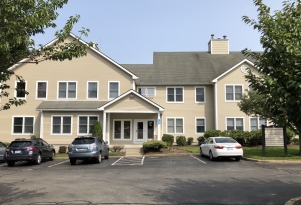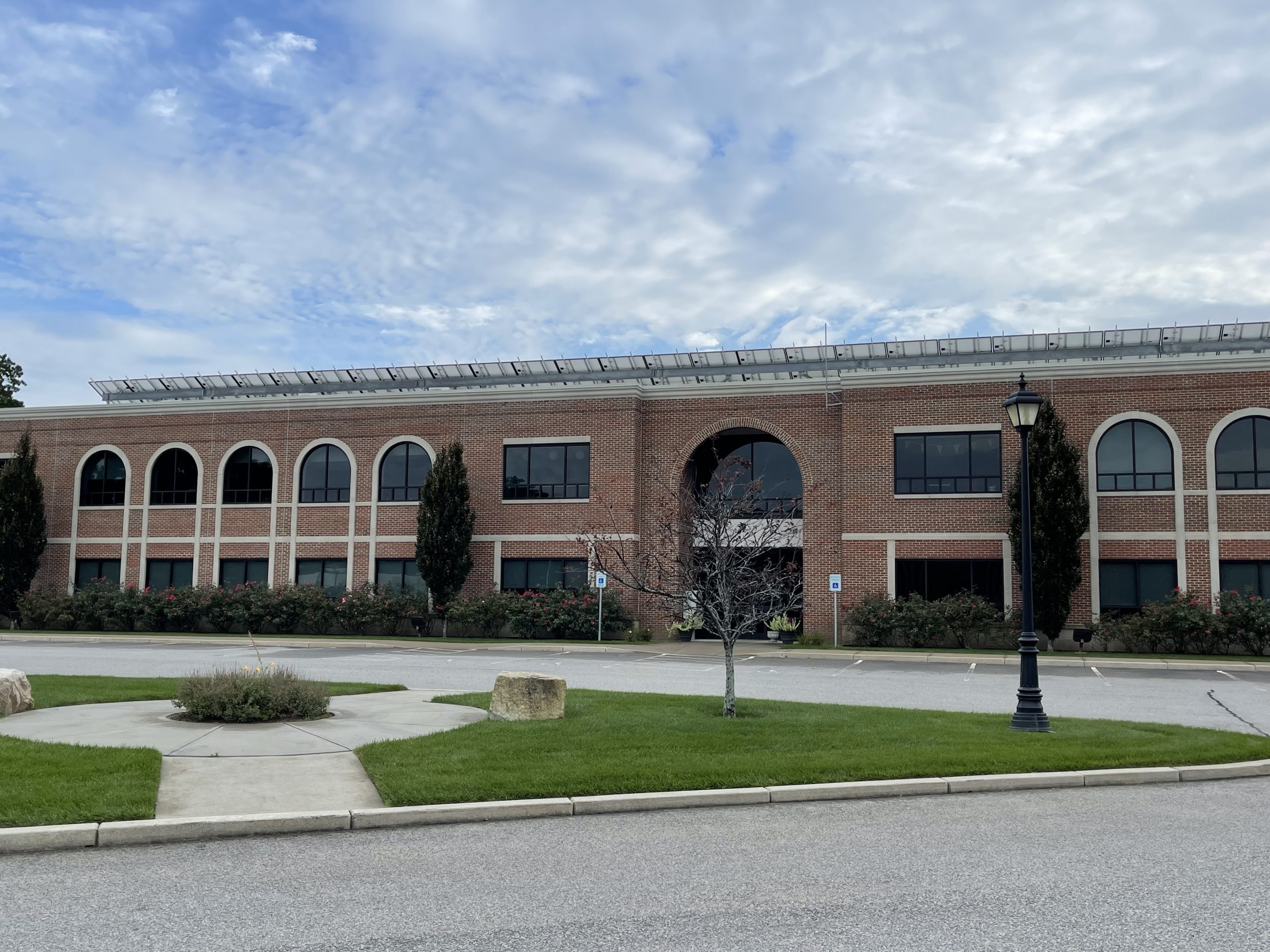Attention-Deficit Hyperactivity Disorder (ADHD) is one of the most common neurodevelopmental disorders in childhood. Five to seven percent of children are diagnosed with ADHD, which is characterized by inattentiveness, hyperactivity, and/or impulsivity. A child with ADHD may be perceived as a daydreamer, may have difficulty staying in his or her seat in class, or may have difficulty waiting his or her turn when playing. These challenges can cause difficulty in school, on the playground, with friends, or at home with family. While symptoms of the disorder must manifest themselves in more than one area (e.g. school, work, home) for a diagnosis, presentation of symptoms can vary depending on situational factors. For example, symptoms may be minimal or absent if the individual is in a novel situation, is engaged in particularly interesting or stimulating activities (e.g., using electronic devices), or is involved in one-on-one interactions.
Approximately half of children diagnosed with ADHD outgrow it as their brains develop, but the remaining children continue into adulthood with the disorder. Approximately 3% of adults have ADHD, which is characterized more by inattention, restlessness and impulsivity, with hyperactivity more diminished as compared to children. An adult with ADHD may be perceived as not listening to others and therefore not caring about others or what they have to say. They may make poor decisions with money or have difficulty finding things at home due to an inability to be organized. This may result in difficulty in relationships, at college, with finances, in the workplace, or with the family. Adults with ADHD oftentimes have difficulty realizing their full potential as a result of these problems.
Problems in these areas can affect a person’s productivity and happiness. However, having ADHD does not mean that one is doomed for life. In fact, there are some benefits to having ADHD. Some people with ADHD can be creative, imaginative, outgoing and adventurous. Some famous people with ADHD include Justin Timberlake, Howie Mandel, Michael Phelps, Ty Pennington and Sir Richard Branson.
To help you live a fulfilling and successful life, there are effective treatments available. Stimulant and nonstimulant medications are available and can be effective in calming the symptoms of ADHD. Medications cannot completely remove the symptoms, however. In adults, medications will help with up to 50% of the symptoms. To complement medications, or instead of medications for those who choose not to take them, there are many effective behavioral and cognitive techniques that individuals can learn. These skills can help improve organization, planning, prioritizing, and decision-making. They can also help decrease clutter, procrastination, tardiness and interrupting others.
For example, if you keep putting off a task because the task feels overwhelming, consider chunking the task. Chunking refers to breaking a large task into smaller, doable chunks so that the task no longer seems so unpleasant or overwhelming. You can chunk a task into smaller pieces that you work on until complete, or you can work on the task in chunks of time. By consistently working on the task in chunks, you will find that you can indeed accomplish it.
A technique to help you remember ideas, appointments, grocery store items, or other thoughts that you want to remember is to carry a small notebook and pen with you at all times. The notebook can be used as the one and only place that you write things that you want to remember. It is important to write these things immediately, as you think of them. Those sticky notes and scrap pieces of paper that we all have used for this purpose end up in all kinds of places, like under your keyboard or in stacks of papers on your desk. There are many smartphone apps available that can serve as the notebook if you prefer writing things in your phone.
Having ADHD as an adult does not have to limit your dreams and fulfillment in life. Learning techniques to better manage your symptoms can help you to achieve all that you want to achieve.










